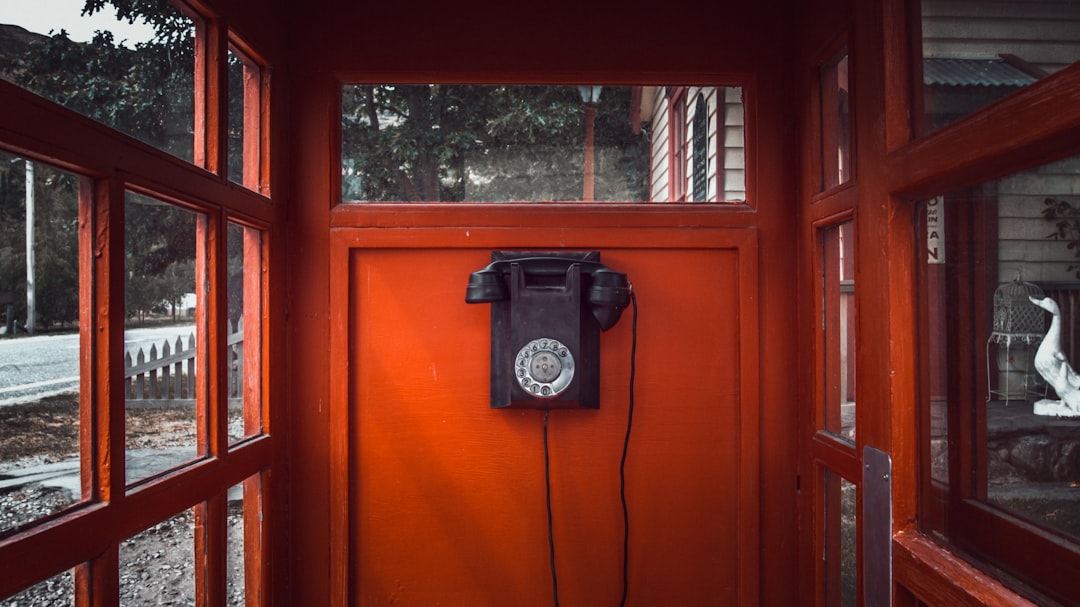Scam calls from Phoenix-based robocall attorneys targeting Chinle Canyon de Chelly tours pose a significant threat to tourists, using deceptive tactics like limited-time offers and safety pretenses. These fraudulent schemes disrupt travel plans, damage legitimate tour operator reputations, and can deter future visits. Robocall attorney specialists investigate and litigate against such practices, seeking compensation and protection for affected tourists. Proactive measures include educating visitors, training guides to recognize scams, and establishing official communication protocols to ensure a secure experience. Tourists are advised to verify communications through official channels and be cautious of deceptive practices to protect their safety and enjoyment.
“Navigating Chinle Canyon de Chelly’s breathtaking landscapes should be a memorable experience, free from scams. Recently, tour operators have warned visitors about a prevalent fake guide scam involving robocall telephone threats. This article delves into the insidious operation of these robocall scams, their impact on tourist experiences, and the legal angle played by Phoenix-based robocall attorneys. Armed with knowledge, we’ll explore protective measures and tips to ensure a safe and enjoyable journey through this remarkable Arizona destination.”
Understanding the Scam: How Robocall Scams Operate

The recent rise in scam calls targeting Chinle Canyon de Chelly tours is a worrying trend, particularly as it exploits tourists’ excitement and trust. These fraudulent activities often involve robocall attorneys Phoenix-based companies claiming to represent tour operators or government agencies. The callers attempt to deceive potential visitors by offering limited-time deals, warning of impending closures, or claiming to ensure a safer experience. They may even threaten legal repercussions if the tourist does not comply with their instructions.
Robocall scams operate through automated phone systems that dial randomly or from pre-programmed lists. These calls often use fear and urgency tactics to pressure victims into providing personal information or making payments. In this case, the scammers target the popularity of Chinle Canyon de Chelly, hoping to capitalize on the curiosity and willingness of tourists to plan their trips meticulously. It’s crucial for visitors to be vigilant and verify any suspicious communications directly with official tour guides or relevant authorities.
The Impact on Chinle Canyon de Chelly Tour Experience

The impact on a visitor’s experience at Chinle Canyon de Chelly can be profound when facing a fake guide scam call. These fraudulent robocall attorneys Phoenix-based operations mislead tourists into believing they are booking official tours, potentially causing confusion and disappointment. Visitors may arrive at the site expecting an enriching cultural encounter, only to discover their chosen tour is non-existent or even worse—a scam. This can lead to a ruined trip, especially for those who have traveled far to experience the breathtaking landscapes and ancient history of de Chelly National Monument.
Such scams not only disrupt individual vacations but also tarnish the reputation of legitimate tour operators in the area. Chinle Canyon de Chelly tours offer a unique chance to explore one of Arizona’s most stunning natural wonders while delving into the rich cultural heritage of the Native American tribes who have called this place home for centuries. When these experiences are compromised by fake guide services, it reflects poorly on the entire tourism industry and may deter future visitors from engaging in authentic cultural exchanges.
Legal Aspects: What Role Do Robocall Attorneys Play?

In the legal landscape surrounding Chinle Canyon de Chelly tours and the recent wave of scam calls, robocall attorneys in Phoenix play a crucial role. These legal professionals specialize in consumer protection law and have expertise in handling cases related to deceptive practices, including unauthorized automated phone calls. When tour companies or individuals operating fraudulent schemes use robocalls to target potential customers, these attorneys step in to protect the rights of victims.
Robocall attorneys investigate the source of the scam calls, gathering evidence to build strong legal cases against perpetrators. They may file lawsuits on behalf of affected tourists, seeking compensation for any financial losses or emotional distress caused by the fraudulent activities. Their primary goal is to deter further instances of such scams and ensure that tourists can make informed decisions without falling prey to deceptive marketing tactics.
Protecting Visitors: Measures to Combat the Scam

To protect visitors and ensure a safe and enjoyable experience, several measures are in place to combat the rising number of scam calls targeting Chinle Canyon de Chelly Tours. One of the primary strategies involves educating tourists about the common tactics used by fraudsters. Tour guides are trained to recognize suspicious behavior and will actively monitor for any signs of robocall scams, particularly those emanating from Phoenix-area robocall attorneys.
Additionally, the park authorities have implemented robust communication protocols. They regularly update their visitor information systems with the latest security advisories and encourage tourists to verify any requests for personal or financial information by contacting official channels directly. This proactive approach aims to empower visitors and create a secure environment during their exploration of this breathtaking natural wonder.
Tips for Tourists: Staying Safe During Your Visit

When visiting Chinle Canyon de Chelly, tourists should be on the lookout for potential scams, especially those involving fake guide services. Robocall attorneys in Phoenix have reported an increase in calls pretending to offer tour bookings or emergency services within the park. These deceptive practices can pose significant risks, leading visitors astray and potentially causing them financial harm.
To stay safe, it’s crucial to verify any communication claiming to be from park officials or guide services directly through official channels. Check for trusted websites or contact local tourist centers known for their reliability. Always remember that legitimate tour operators will never demand immediate payments over the phone or threaten consequences. Prioritize your safety and enjoyment of the natural wonders by being cautious and diligent during your visit.






